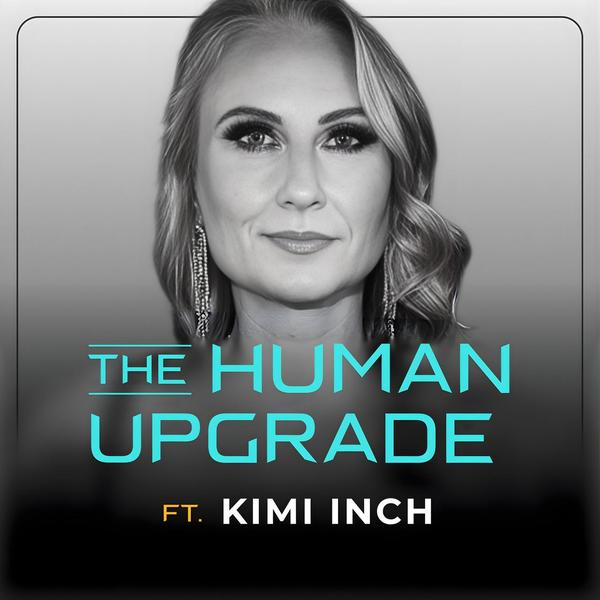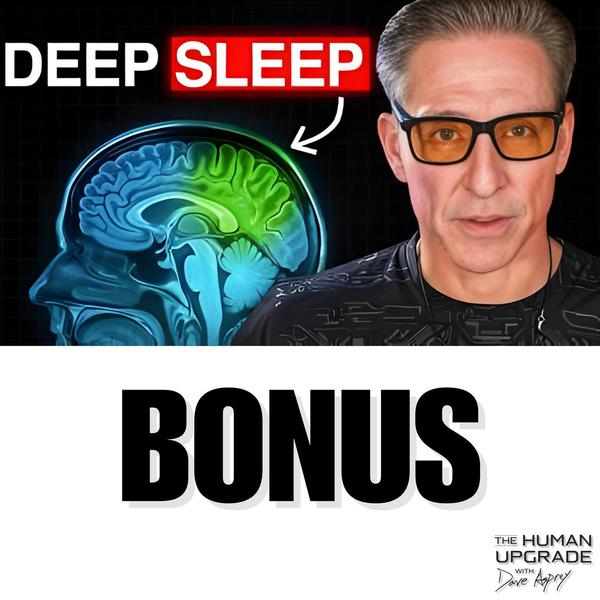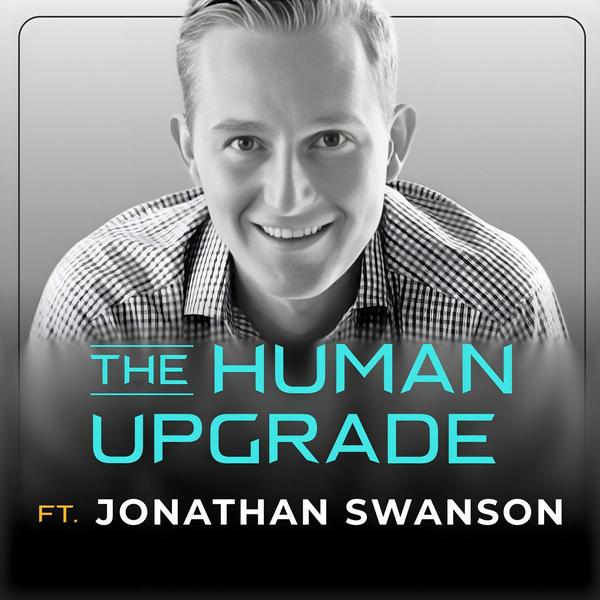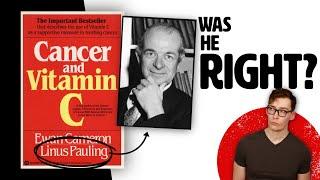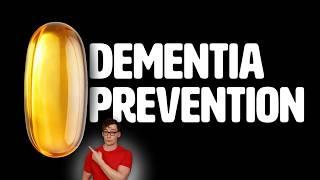Rethinking Cancer: Inflammation, Infections, and Mitochondrial Insights with Mark Lintern
Dave Asprey
Apr 30, 2024
Mindsip insights from this episode:
Recognize pathogens' role in triggering the Warburg effect
Persistent intracellular pathogens, particularly fungi, can trigger and sustain the Warburg effect as a cellular defense mechanism, which may ultimately lead to cancer.
Understand cancer cell fuel adaptation to combat pathogens
A cancer cell's ability to switch between glucose, glutamine, and fat for fuel is actually driven by the intracellular fungal pathogen's ability to use all three sources.
Limit estrogen to reduce fungal growth and cancer risk
High estrogen levels may contribute to cancers like breast and prostate cancer because estrogen acts as a signaling molecule that encourages the growth and virulence of fungal pathogens.
Consider Fenbendazole to potentially reduce cancer risk
The pet deworming drug Fenbendazole, which has antifungal properties, is taken by some biohackers because it may dramatically reduce the likelihood of getting cancer.
Recognize antifungal properties in off-label cancer drugs
Many off-label drugs used to treat cancer, such as metformin, statins, and doxycycline, also possess direct antifungal properties.
Limit iron and lactic acid to combat fungal infections
During chronic inflammation, excess iron and lactic acid act as 'rocket fuel' for fungal pathogens while also suppressing local immune cells, facilitating cellular invasion.
Recognize pathogens in tumors to understand cancer complexity
Contrary to older beliefs, recent research found that fungal and bacterial pathogens exist intracellularly in every single cancer type studied.
Recognize Warburg effect as a symptom, not cancer's root cause
The Warburg effect, a metabolic switch seen in cancer cells, is likely a symptom of an underlying trigger rather than the root cause of cancer itself.
Challenge dominant genetic theory of cancer's validity
The dominant genetic theory of cancer is largely unproven and may only be capable of explaining two of the ten hallmarks of the disease.
More from
Dave Asprey
You also might be interested in
Ketosis (Fasting/Ketogenic Diet) accelerates Cancer Growth - New Study
Soda & Cancer Death: The Link Found in Multiple Large Studies
Early Detection Saved Me: Maria Menounos on Becoming the CEO of Your Health
Linus Pauling: Vindicated by New Evidence?
One Fat Can Prevent Dementia — If You Eat It Long-term







